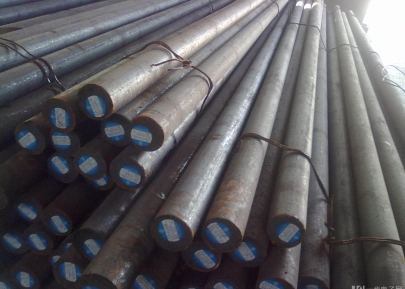Is Your Copper Blocker Sabotaging Your Health? Uncover the Hidden Risks!
Copper is often hailed as a miracle mineral, essential for various bodily functions. But have you ever wondered if your copper blocker is doing more harm than good? In this article, we’ll dive deep into the hidden risks associated with copper blockages, especially when it comes to health!
The Role of Copper in Your Body
Copper plays a crucial role in several metabolic processes. It helps in the formation of red blood cells, supports immune system functions, and aids in iron absorption. The human body doesn't produce copper on its own; it relies on dietary sources. Hence, understanding the implications of copper blockage is vital.
- Supports cardiovascular health
- Plays a role in brain function
- Helps maintain bone and connective tissue strength
- Essential for energy production
Understanding Copper Blockers
Copper blockers can come in various forms—dietary supplements, medications, or even certain cooking materials. Recent trends have seen an increase in the use of copper blockers to manage health risks. However, these products might inadvertently lead to copper deficiency. Did you know that a mere 1-mm-thick copper plate can significantly impact health when improperly managed?
| Type of Copper Blocker | Common Uses | Potential Risks |
|---|---|---|
| Dietary Supplements | Reducing copper absorption | Deficiency leading to anemia |
| Medications | Specific health conditions | Impaired immune function |
| Cooking Materials | Cookware | Inadequate nutrient preservation |
Risks of Excessive Copper Blockage
While some copper blockage might be necessary for specific health conditions, overdoing it can lead to several risks:
- Fatigue: Without adequate copper, you may feel constantly tired.
- Weak immune system: Your body's defenses may weaken.
- Neuropathy: Lack of copper can lead to nerve damage.
- Bone issues: Copper deficiency may result in brittle bones.
Why is Copper Vital for Your Health?
Copper's role in maintaining good health cannot be overstated. It’s often overlooked but incredibly important. Insufficient copper can lead to undefined symptoms that can hinder your daily performance. Here are some key points to remember:
- Copper aids in collagen synthesis, crucial for skin health.
- It helps in the synthesis of neurotransmitters.
- Supports proper function of enzymes involved in energy production.
Frequently Asked Questions
1. What are the symptoms of copper deficiency?
Symptoms may include weakness, fatigue, anemia, and cardiovascular issues.
2. Can I get copper from food?
Yes! Foods like nuts, seeds, fish, and dark chocolate are great sources of copper.
3. Is using a copper blocker always bad?
Not necessarily! It depends on individual health conditions. Always consult a doctor before making changes.
Conclusion
In conclusion, while managing copper intake is essential, avoiding excessive use of copper blockers is equally crucial. Understanding the balance is key to avoiding the pitfalls of copper deficiencies. Remember, your health is a puzzle—each piece matters. Don't let a copper blocker be the piece that sabotages your well-being!


